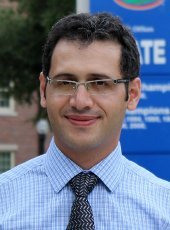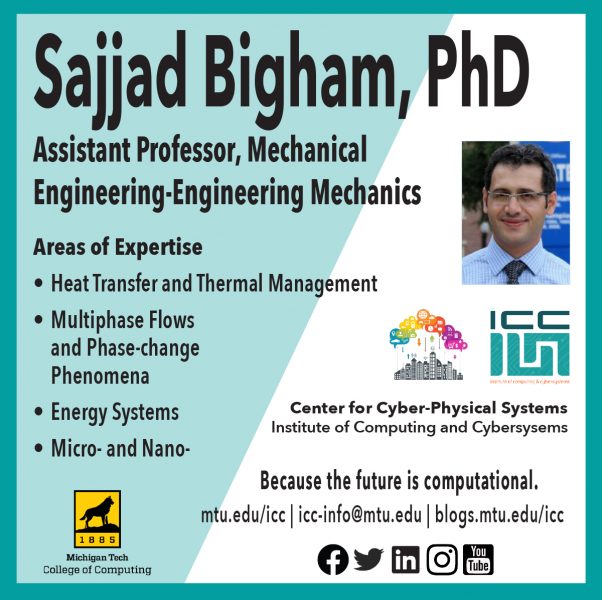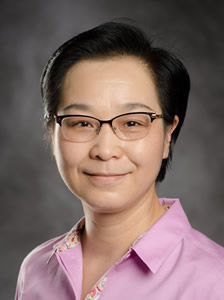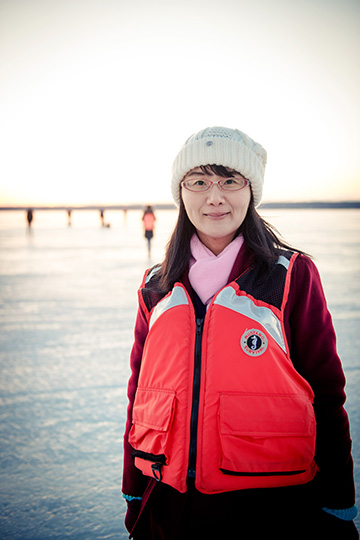by Vice President for Research Office
The Vice President for Research Office announces the Fall 2020 REF awards. Thanks to the individual REF reviewers and the REF review panelists, as well as the deans and department chairs, for their time spent on this important internal research award process.
Research Seed Grants:
- Sajjad Bigham, Mechanical Engineering-Engineering Mechanics
- Bo Chen, Computer Science
- Daniel Dowden, Civil and Environmental Engineering
- Ana Dyreson, Mechanical Engineering-Engineering Mechanics
- Hassan Masoud, Mechanical Engineering-Engineering Mechanics
- Xinyu Ye, Civil and Environmental Engineering







